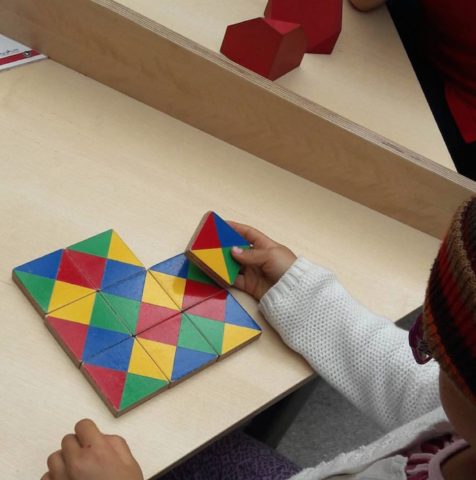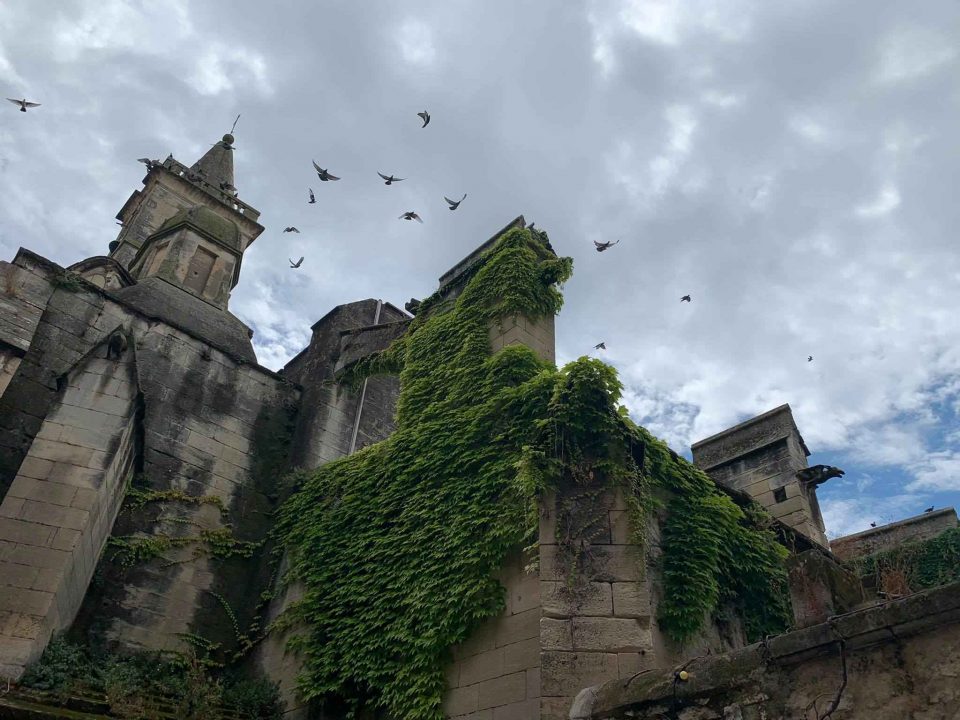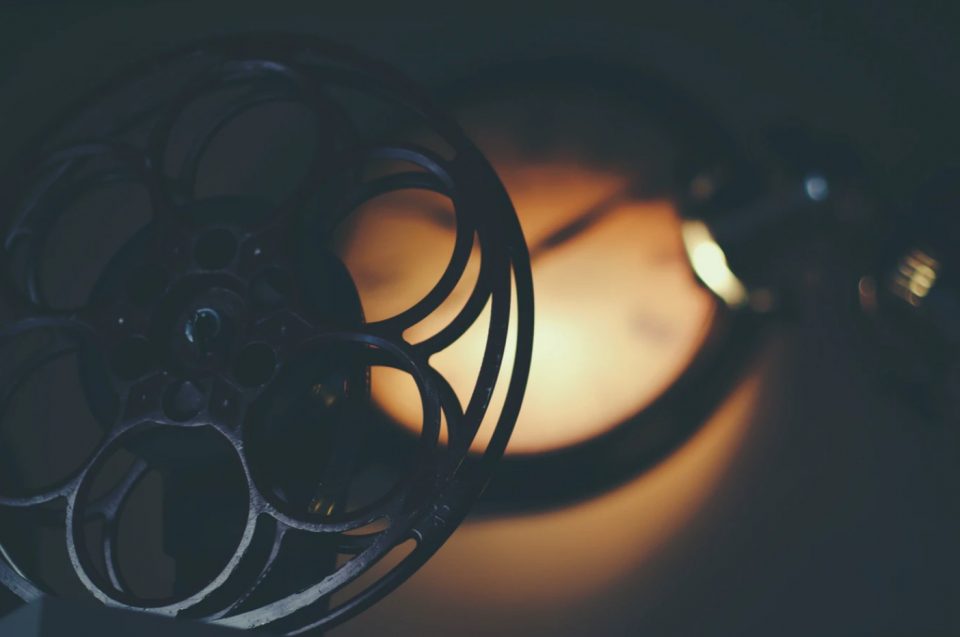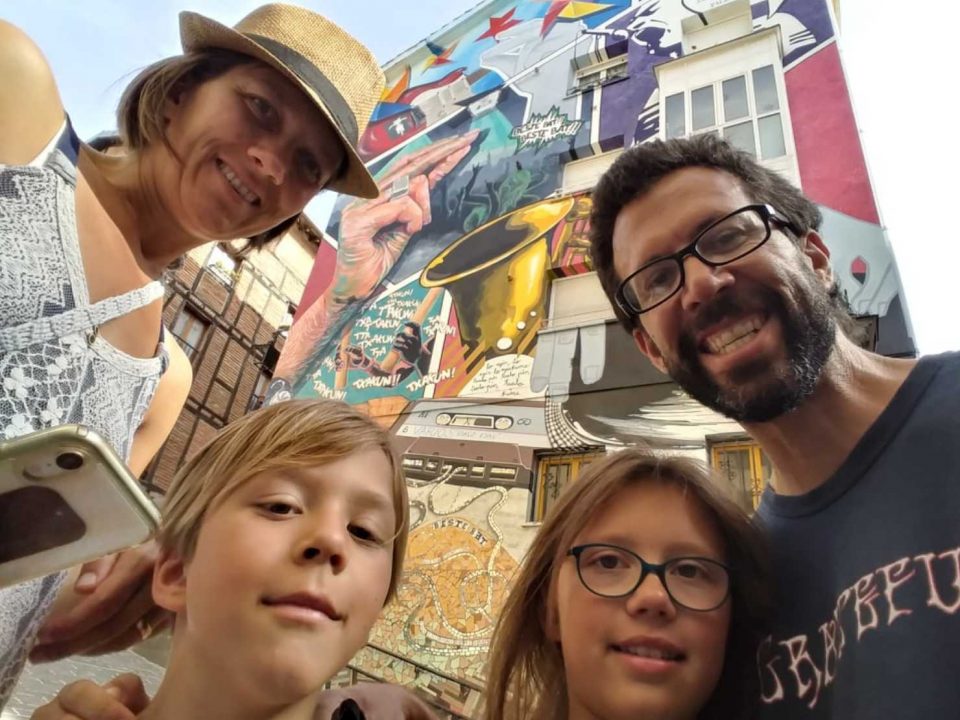
Popular Consumption: Consumption be done about it?
June 7, 2016
Hot Pursuit: The search of proper documentation
June 11, 2016Following my recent post about home schooling, I’m afraid I may have given the false impression that all we do here is sit around drinking beer and listening to symphonies while our kids play video games on the iPad. Now that may not be entirely inaccurate, but neither is it a perfect or complete characterization of our home made curriculum. We also listen to a lot of Bob Dylan, for example, and the Grateful Dead. Are despite the irresistible pun in this blog post’s title, we are actually making steady efforts to cultivate our children’s minds.
One of my favorite and more academic activities so far has been a little story writing exercise that I started with Millie last month. I admit, we haven’t been working on it as regularly as I would like; we may be in want of hot water and reliable internet, but distractions are never in short supply. In any case, we started writing a fairy tale of sorts about a rust-colored mouse who has no shoes. Every few days or so I’ll write a few sentences, which she reads out loud and then copies down in her own notebook.
Little by little, the story moves along, and Millie has a chance to improve her spelling, orthography and vocabulary as we go. She also enjoys a glimpse of the creative writing process, all by way of collaboration. She’s impatient to see how the story will end, and I’m a little impatient to see her work on it more often, but together we learn and grow. Of course, I throw in a valuable grammar lesson whenever I get the chance, explaining to her things like when to say my friend and I and when to say my friend and me, a distinction that English teachers no longer seem capable of drawing. And in the meantime, she continues listening to bedtime stories with mom, in both English and German, and speaking more and more German with her omas and opas and her uncle Alex.
All joking aside, music appreciation still remains one of our most beloved pastimes, and Millie is proving herself to be a quick study, learning to recognize the difference between Bach and Beethoven with far greater ease than I would have expected. She gets frustrated when we listen to the radio, but I just have to keep reminding her that if she says it sounds like Bach but it turns out to be Johann Gottfried Walther or some other German baroque composer we’ve never heard of, she’s still right, it does sound like Bach. Not even dad can identify every composer who comes on the radio—far from it. At the rate she’s going, and starting at this age, I suspect it won’t take her long to surpass me in this skill, just as she is already leapfrogging me with her German.
I’ve decided to continue our listening with Gustav Holst’s “The Planets”. This collection of short pieces makes an ideal course of study for the novice listener. Inspired by astronomy and classical myth, Holst composed this series of musical vignettes, capturing the distinct sounds and emotions associated with each planet and the Roman god or goddess after whom it was named. With titles like “Jupiter: Bringer of Jollity” and “Mars: Bringer of War,” the message and mood of each composition is spelled out plainly enough, the student need only close her mouth and perk her ears for a moment. Then we can talk about the sounds of joy and sorrow, and music’s marvelous capacity to evoke a wide range of feelings. And it all makes a wonderful segue into the study of Greco-Roman mythology and comparative religion; and once again, the syllabus just writes itself.
For more informative and entertaining stories about our WorkAway experience, be sure to check out our articles on WWOOFing with Children and New Education: A year without a principal.





